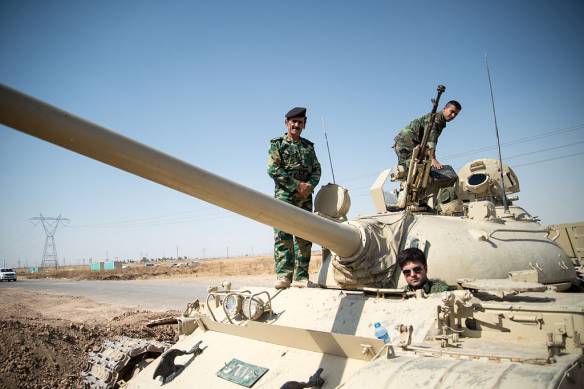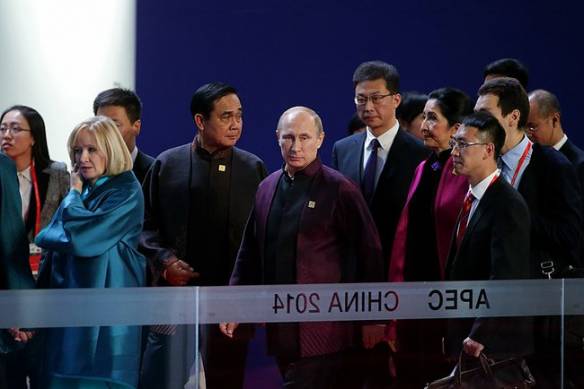Last week a video surfaced on YouTube which showed children being fired upon in a battleground in Syria. It shows a boy rescuing a girl from what looks like certain death. Dubbed the ‘hero boy’ video it was rapidly shared on social media and by the end of the week had been viewed millions of times. The film appeared to be a graphic depiction of a war crime – the deliberate attempt to kill non-combatant children.
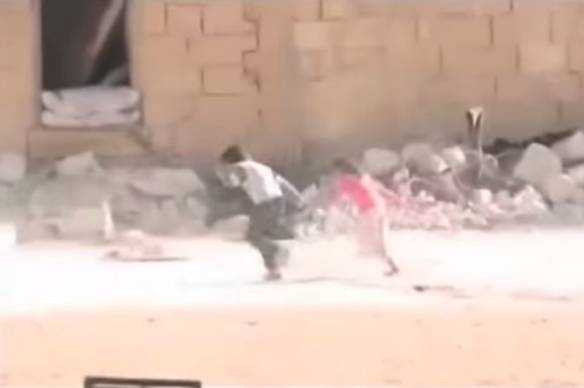 As you may have seen from the news coverage, on Friday it was revealed to be a fake, shot in Malta by Norwegian director Lars Klevberg. The film project had been funded a total of US$ 54 000 by the Norwegian Film Institute and the Audio and Visual Fund of the Arts Council Norway. Of course there is nothing remarkable in making a film about war. But deceiving millions of people by pretending that the footage is genuine is an act of, at best, gross stupidity. Read More
As you may have seen from the news coverage, on Friday it was revealed to be a fake, shot in Malta by Norwegian director Lars Klevberg. The film project had been funded a total of US$ 54 000 by the Norwegian Film Institute and the Audio and Visual Fund of the Arts Council Norway. Of course there is nothing remarkable in making a film about war. But deceiving millions of people by pretending that the footage is genuine is an act of, at best, gross stupidity. Read More
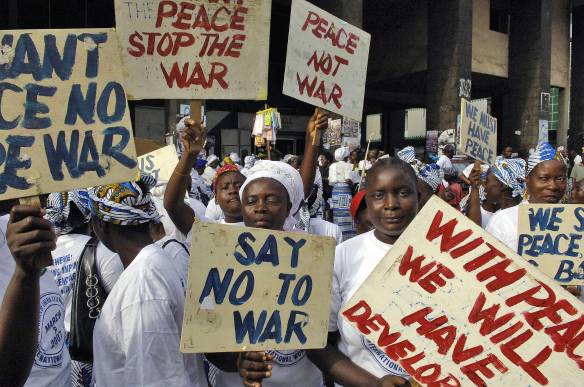
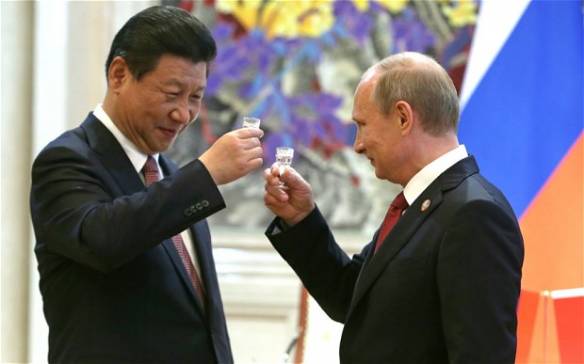 When Chinese President Xi Jinping met Japanese Prime Minister Shinzo Abe in Beijing for the Asia-Pacific Economic Cooperation summit, he stated that “Japan must look at history squarely and more towards the future.” Xi’s carefully selected words were taken from a text agreed upon in advance by the two countries’ foreign ministries. Behind the words lurk an agreement Xi has made with Russian President Vladimir Putin to jointly use the 70th anniversary in 2015 to “safeguard the outcome of the victory of World War II and post-WWII order.” The joint celebration plan aims to warn Japan against historical revision and could create difficulties for the US-Japan alliance.
When Chinese President Xi Jinping met Japanese Prime Minister Shinzo Abe in Beijing for the Asia-Pacific Economic Cooperation summit, he stated that “Japan must look at history squarely and more towards the future.” Xi’s carefully selected words were taken from a text agreed upon in advance by the two countries’ foreign ministries. Behind the words lurk an agreement Xi has made with Russian President Vladimir Putin to jointly use the 70th anniversary in 2015 to “safeguard the outcome of the victory of World War II and post-WWII order.” The joint celebration plan aims to warn Japan against historical revision and could create difficulties for the US-Japan alliance.